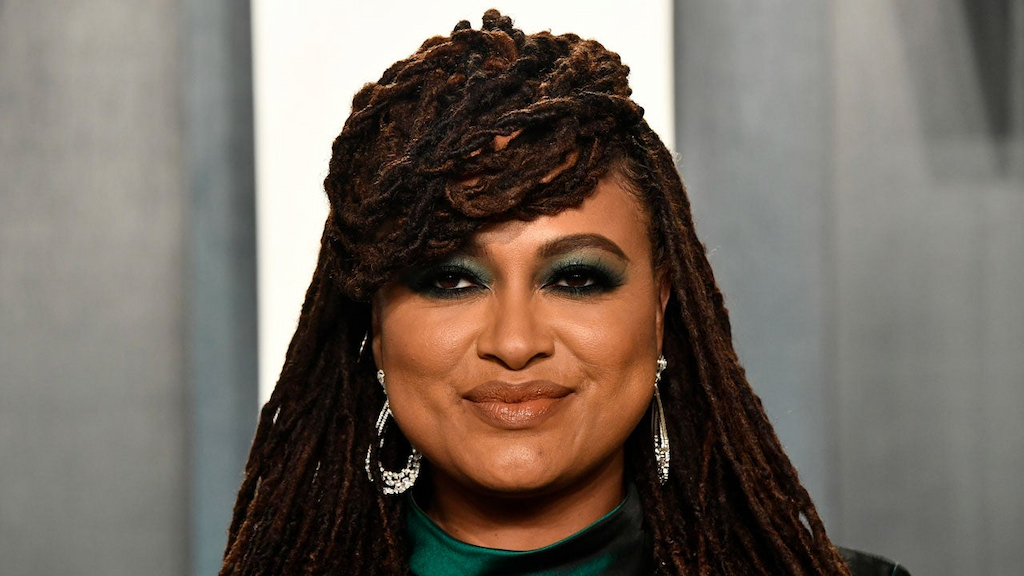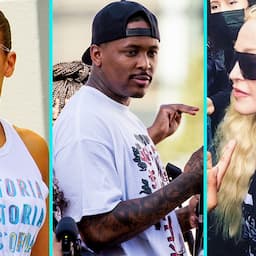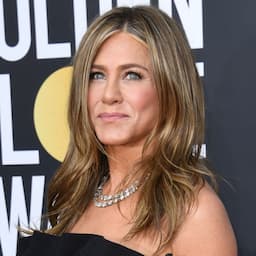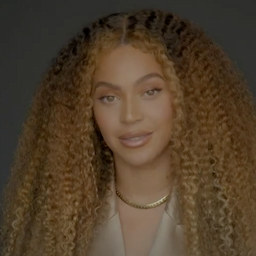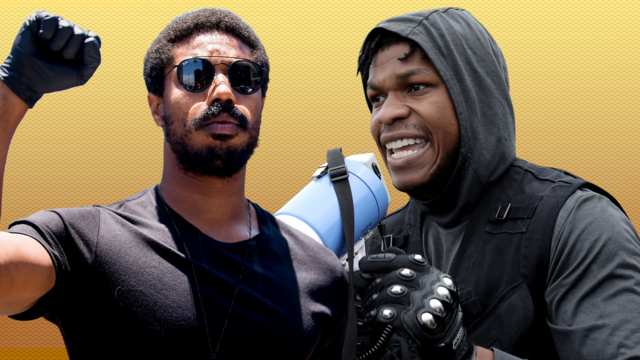DuVernay shared her surprising reaction to Floyd's death and what she’s now doing to further help fight racial injustice.
Ava DuVernay has sifted through hours of horrific footage while making films which highlight racial inequality. Yet, she was surprised to find herself experiencing utter shock and horror while watching Minneapolis man, George Floyd, die at the hands of former police officer, Derek Chauvin.
In Monday’s episode of The Ellen DeGeneres Show, DuVernay, who is behind such films as 13th, Selma and When They See Us, shared why Floyd’s death “brought me to my knees” and what she’s now doing to further help fight racial injustice.
“For me, I [am] unfortunately desensitized to so many of the racist, violent images because I have to use them so much in my work," the Oscar nominee said. "I looked through thousands of hours of this kind of footage for 13th [and] looked through beatings and police brutality footage for Selma and for When They See Us. So, it was really shocking to me why the George Floyd video just brought me to my knees."
DuVernay, 47, explained that the reason Floyd’s death struck such a chord despite her being somewhat “desensitized” to such horror, was that the footage forced viewers to witness “both parties’ faces perfectly framed.”
“It wasn’t body cam footage where you saw the black person be shot and you did not see the officer. It wasn’t grainy footage from a security camera across the street. It was both men, right in your face, right to the lens -- one begging for his life and one taking his life,” she said. “The startling nature of that made me realize that we have let police officers who abuse off the hook by allowing them to recede into society and disappear.”
"We know the names of black victims -- Philando Castile, Oscar Grant, Sandra Bland, Sean Reed, Tamir Rice, Eric Garner, Mike Brown, it goes on and on -- but we never know who killed them,” she continued. "This invisibility allows us to tell a story that is incomplete. That's a lot of what I've been thinking about in this moment -- how we've allowed this sense of police invisibility, which leads to a lack of accountability, which is just one of many issues within our current criminal justice system that needs to be dismantled."
DuVernay also discussed her new initiative, LEAP (Law Enforcement Accountability Project), which aims to create narrative change around police abuse, misconduct and the murder of black people.
“Why do we not know who is killing us?” she said. “What we’re trying to do through storytelling through LEAP is say, ‘We need to start telling the stories about those who are murdered and about those who are not being held accountable.’”
DuVernay hopes storytelling across genres including music, theater and dance will help eradicate the blind spot which she said allows officers who do harm to continue to get paid, relocate to other cities and continue on with their lives.
See more on DuVernay and other celebrities and filmmakers supporting the Black Lives Matter movement below.
RELATED CONTENT:
